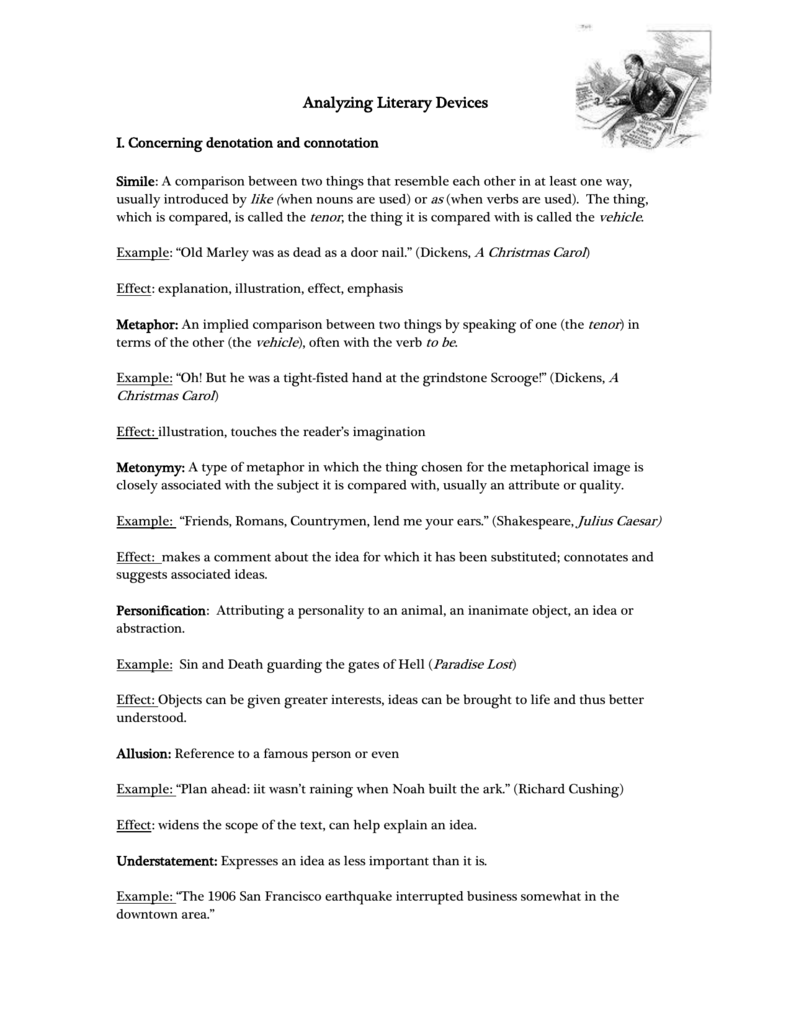
In short, it seems it was a different era. But, perhaps I come not to praise the 1970s, but to bury them. It was a time of great progress in science. The rest of that decade brought the first vaccines against measles, chickenpox, pneumonia, and meningitis. At that time, no one had yet been in a magnetic resonance imaging ( MRI) machine. The first human had just recently been to the moon and the CT scan had been invented, but not widely deployed. There was no social media, Amazon, Tesla, personal computers, robotics (well very little), artificial intelligence, cell phones or apps. WalMart was just a decade old in 1972, with 51 stores. There was no Americans with Disabilities Act, no Family Medical Leave Act, and even the ground-breaking Title VII of the Civil Rights Act of 1964 was not even a decade old. Americans were more apt to work in manufacturing than they do now. People back then belonged to unions more than they do now (a lot).

There was no "gig" economy and no Internet (though they did hook some computers together in 1969, according to Britannica). If none of that persuades or dissuades you, the report was written in 1972, during the Nixon administration. To have a national conversation on workers' compensation and involve no injured workers seems strange. More still have criticized that the only representation of workers was two AFL/CIO Directors. Others have noted the involvement of vested interests, and perusal of the Commission members is a worthy consideration whether you share that perspective or not. Of course, the concept of employee leasing did not exist in that era.
FRIENDS ROMANS COUNTRYMAN LEND ME YOUR EARS PROFESSIONAL
Some have criticized that no service sector or professional employers were involved. The report has been criticized as coming from the perspective perhaps of too many academics, only large employers (2), lawyers (45% of Commissioners), and the usual higher learning institutions. The report was written when the AMA Guides were in their infancy, as was the idea of federalized workplace safety, OSHA. In fairness, the report was written by a group that was not very diverse in terms of gender, race, industry, occupation, and more.

I find items in that tome to praise, but also find room for criticism. Notably, Congress directed the scope of inquiry, which was a benefit in any such undertaking. What a project to undertake, in a two-year time frame! I have studied workers' compensation for decades and would find such an undertaking monumental. When I think of the National Commission Report, I think of ambition. Perhaps I "come to bury" the report, not to praise it. As I write this, I wonder whether it is this document or the Commission to which I address my Shakespearean references. John Ruser (WCRI CEO) will navigate a panel with Alan Pierce (attorney), Bruce Wood (attorney), and yours truly (reformed attorney), with perspectives on this document. The program concludes Thursday just before lunchtime with a panel dedicated to the Report of the (1972) National Commission on State Workmen's Compensation Laws.


 0 kommentar(er)
0 kommentar(er)
